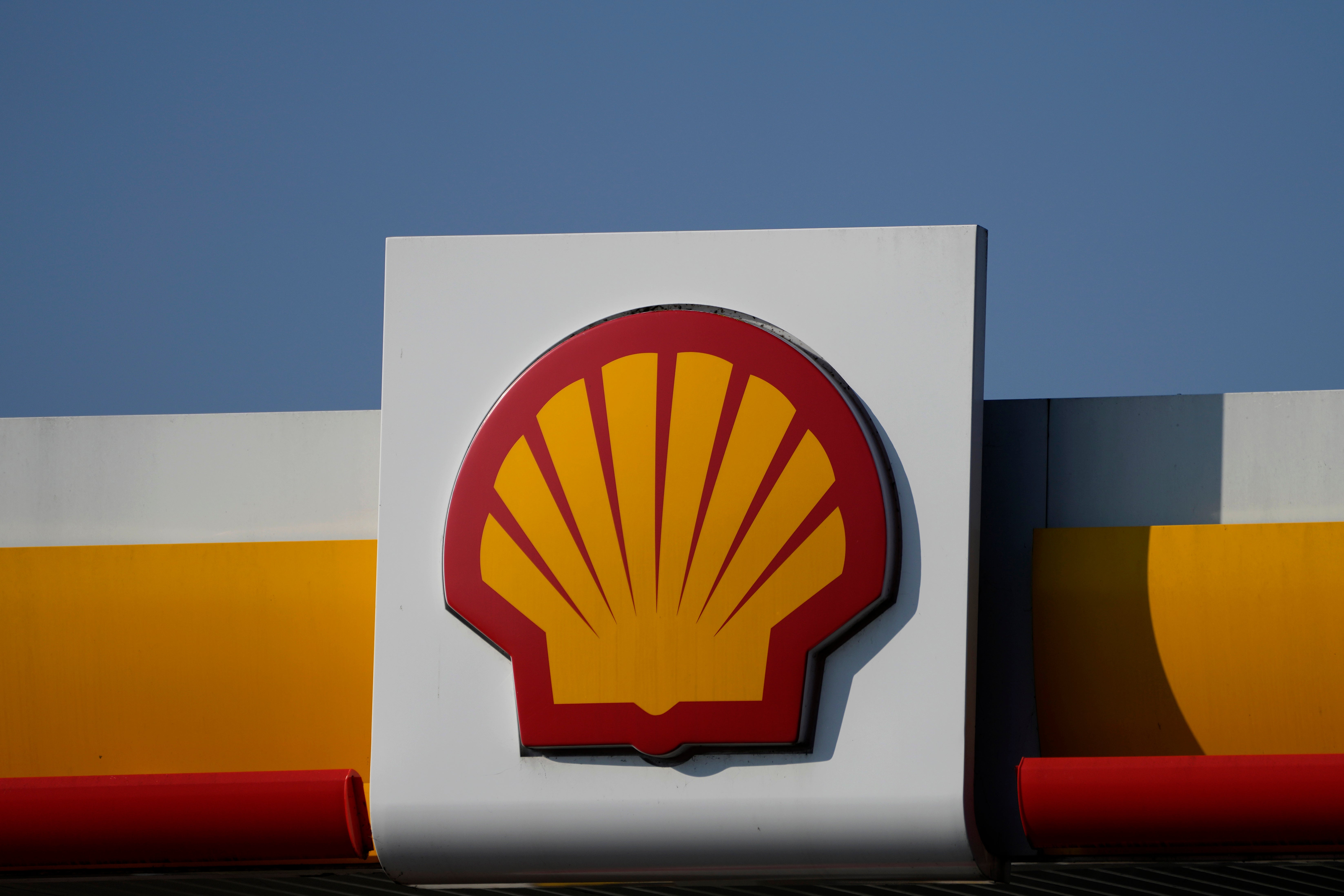Shell's clean energy campaign is misleading, UK advertising watchdog says
A marketing campaign by oil major Shell has been banned by the U.K.’s advertising watchdog Wednesday for implying a big proportion of its business was in low carbon energy even though fossil fuels make up the “vast majority” of its operations

Your support helps us to tell the story
From reproductive rights to climate change to Big Tech, The Independent is on the ground when the story is developing. Whether it's investigating the financials of Elon Musk's pro-Trump PAC or producing our latest documentary, 'The A Word', which shines a light on the American women fighting for reproductive rights, we know how important it is to parse out the facts from the messaging.
At such a critical moment in US history, we need reporters on the ground. Your donation allows us to keep sending journalists to speak to both sides of the story.
The Independent is trusted by Americans across the entire political spectrum. And unlike many other quality news outlets, we choose not to lock Americans out of our reporting and analysis with paywalls. We believe quality journalism should be available to everyone, paid for by those who can afford it.
Your support makes all the difference.A marketing campaign by oil major Shell has been banned by the U.K.'s advertising watchdog Wednesday for implying a big proportion of its business was in low carbon energy even though fossil fuels make up the “vast majority” of its operations.
A television commercial, a YouTube video and a poster campaign in Bristol, England, variously described providing large numbers of British homes with 100% renewable energy, installing electric vehicle charging points and driving the energy transition.
In its written ruling the Advertising Standards Authority found consumers would interpret the marketing materials as making a “broader claim about Shell as a whole providing cleaner energy.”
Although Shell does have a clean energy business, the company estimates its operations released almost 1.4 billion tons of heat-trapping carbon dioxide in 2021.
In a statement, Shell spokesperson Tara Lemay said the company “strongly” disagrees with the ASA’s decision, “which could slow the U.K.’s drive toward renewable energy.”
Campaign group Adfree Cities had filed a complaint to the ASA about the commercials, arguing they left out significant information about Shell's overall environmental impact. It also argued the claim that 78,000 homes in the southwest of England and 1.4 million homes across the U.K. use 100% clean energy from Shell was misleading.
The ASA's ruling said the campaign gave the impression that “low-carbon energy products comprised a significant proportion of the energy products Shell invested in and sold in the UK in 2022, or were likely to do so in the near future.”
It also found Shell had proven its claims to provide 100% renewable power to many British homes, and that part of the complaint was not upheld.
The watchdog ordered Shell not to run the campaign again in its current form.
Adfree Cities campaigner Veronica Wignall, who led the complaint, said the ruling “marks the end of the line for fossil fuel greenwashing in the U.K.,” but added that the ruling "doesn’t go far enough.”
She called for robust legislation to stop fossil fuel advertising.
But Shell's Lemay argued that “people are already well aware that Shell produces the oil and gas they depend on today.”
Lemay cited a survey of 1,700 British adults that found 83% associated the company with gas stations.
“What many people don’t know is we’re also investing heavily in low and zero-carbon energy," she said. "That is what our adverts set out to show, and that is why we’re concerned by this short-sighted decision.”
Shell previously faced claims of greenwashing in promotional materials. In 2021, the Dutch advertising watchdog told the company to stop running a campaign saying its fuel was carbon neutral, a claim based on its offset program.
___
Associated Press climate and environmental coverage receives support from several private foundations. See more about AP’s climate initiative here. The AP is solely responsible for all content.